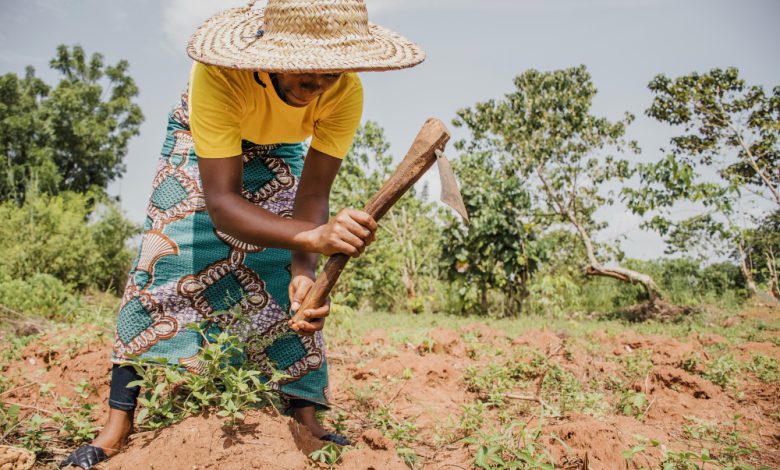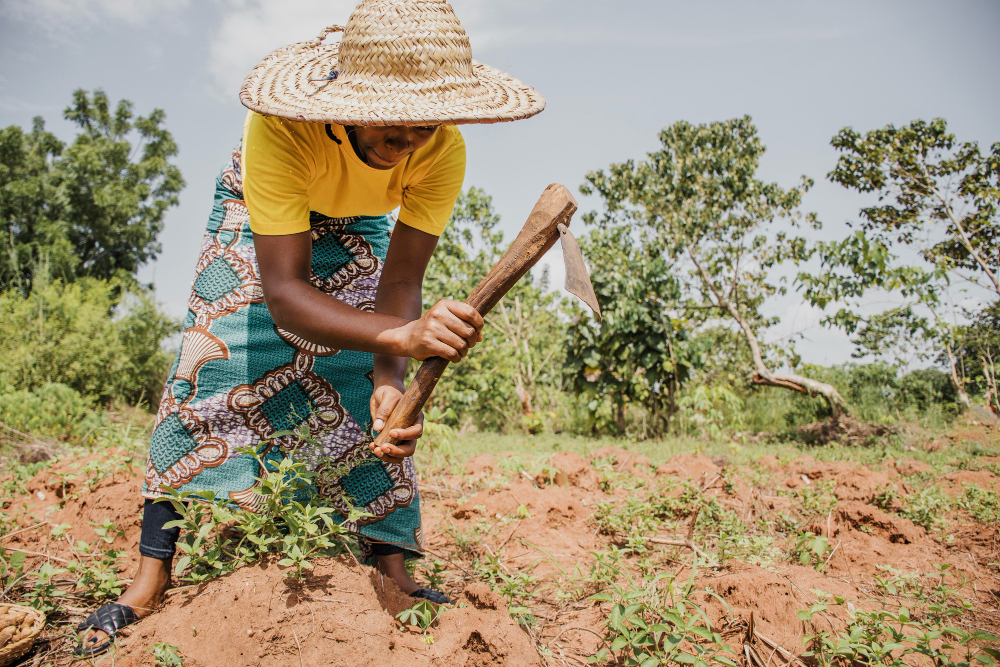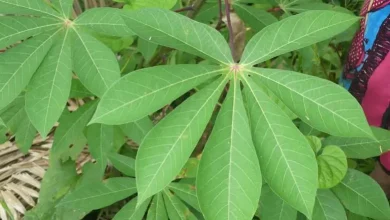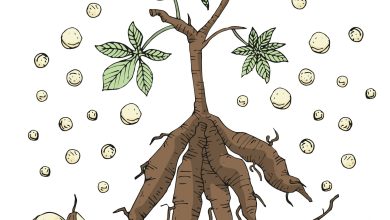Getting Started in Cassava Farming

Cassava farming is a promising and profitable venture, particularly for budding farmers looking to enter the agricultural sector. Known for its versatility, cassava is a staple crop with many applications, from food products like flour to industrial uses such as ethanol production. For anyone interested in agriculture, getting started in cassava farming can be a great way to contribute to food security and meet the growing demand for cassava products in local and international markets.

Understanding Cassava Basics
Cassava, a root crop widely grown across Africa, is known for its resilience and adaptability, thriving even in challenging climates. Farmers appreciate its high yield potential and multiple uses, making cassava an economically attractive crop. Whether you’re cultivating cassava for personal use or commercial sale, understanding the basic requirements and benefits is essential before getting started in cassava farming.
Preparing for Cassava Farming
– Selecting a Suitable Location: Cassava requires well-drained soil, good sunlight, and a warm climate. A location with these characteristics will ensure a healthy and productive cassava crop.
– Choosing the Right Cassava Variety: Selecting the right cassava variety can make a significant difference in yield and resilience. Many varieties have been developed for high yield, resistance to diseases, and adaptability to various soil conditions so be sure to choose a variety suited to your local market demands.
– Land Preparation: Proper land preparation is essential; clear the field of any weeds or debris and consider tilling or ridging the soil to enhance its texture and drainage, allowing for easier root development.
Cassava Planting and Maintenance
– Planting Techniques: Cassava is usually propagated through stem cuttings. Plant each cutting at an angle, about 5–10 cm deep, with adequate spacing to allow room for root growth. Proper spacing helps prevent competition for nutrients and reduces the spread of diseases.

– Soil Fertility and Fertilization: Ensuring that the soil is fertile can significantly boost cassava growth. Organic matter and appropriate fertilizers should be applied as needed, based on soil tests and local agricultural recommendations.
– Weed and Pest Management: Regular weeding is essential, especially during the early growth stages. Additionally, cassava is susceptible to certain pests and diseases, so monitoring the crop and applying safe, effective pest control methods is essential for a successful harvest.
Harvesting and Post-Harvest Practices
– Harvesting Timeline: Cassava is typically ready for harvest 8–18 months after planting, depending on the variety and growing conditions. Harvesting at the right time ensures high starch content and the best flavour for food uses.
– Post-Harvest Processing: Proper post-harvest handling is crucial. Cassava deteriorates quickly, so if you plan to sell your harvest, ensure it reaches markets or processing facilities swiftly. Value-added processing—such as converting cassava into flour, starch, or other products—can help increase your profit margins.
For those interested in getting started in cassava farming, understanding the crop’s requirements, from land preparation to harvest, is crucial. With the right approach, cassava farming can be highly rewarding, offering opportunities for income generation, food security, and business growth.
Would you like to get started in the cassava industry? Gain all the knowledge you need from Yemisi Iranloye at CIMC2
Want to learn more about cassava farming from industry experts? Join the Cassava Industry Mentorship Class (CIMC2) to gain insights, best practices, and networking opportunities. CIMC2 provides a valuable platform for both new and experienced cassava farmers, taught by a mentor who can help you make informed decisions and maximize your success in the cassava industry. Don’t miss out on this chance to elevate your cassava farming journey—register for CIMC2 by clicking the link below today!
https://cassavaqueenofficial.com/Cassava-Mentorship-Season2-2024




